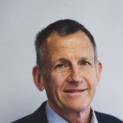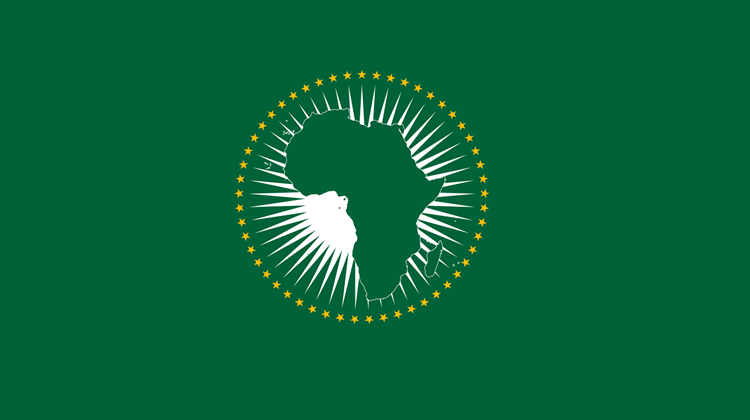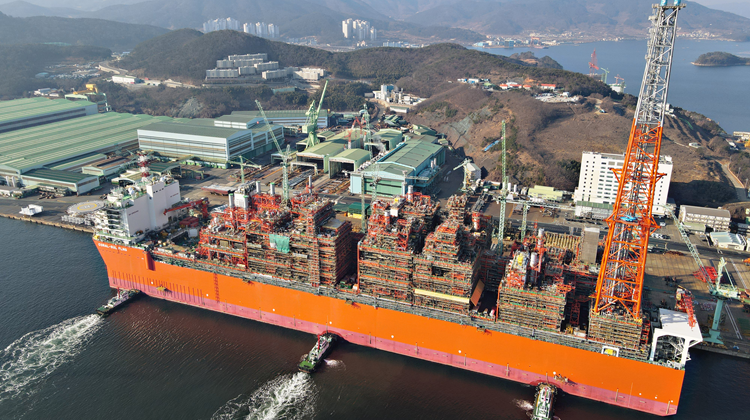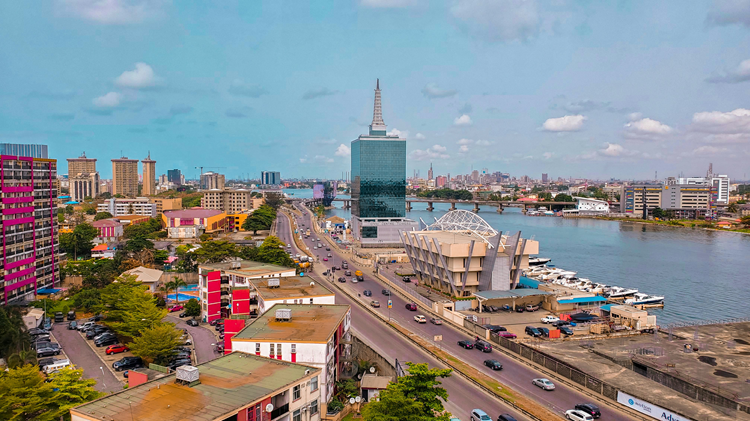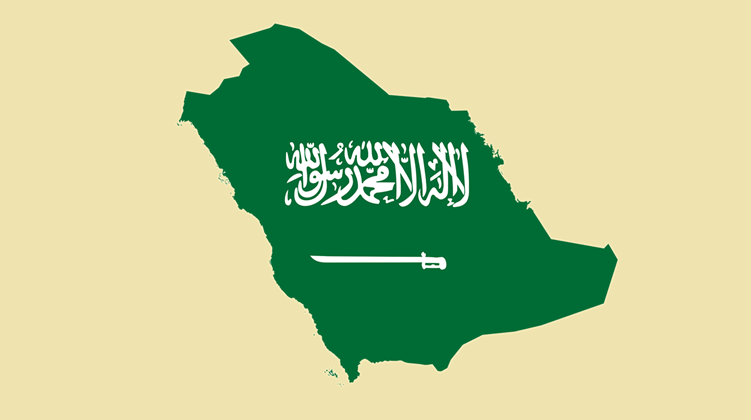Capitalism and inequality

How money has come to dominate democracy in the West
At the core of the French Revolution was a desire to forge a society of equals. Thus, the 19th-century French philosopher Alexis de Tocqueville and others expected democracy to produce greater equality. Instead, when Karl Marx published the first volume of Capital in 1867, the effects of early industrial capitalism and the misery of the industrial proletariat were on full display. At its heart is the challenge of inclusive growth - how do poorer sections of society get opportunities in a situation where the gap between the elites and others increases daily?
Marx formulated what the French economic historian Thomas Piketty, in Capital in the Twenty-First Century, calls ‘the principle of infinite accumulation … - the inexorable tendency for capital to accumulate and become concentrated in ever fewer hands, with no natural limit to the process.’
Although wages began to increase in Europe towards the end of the nineteenth century, it took the successive shocks of the First World War, the Great Depression and the Second World War to moderate what Piketty describes as ‘an endless inegalitarian spiral, marked in particular by increasing concentration of wealth.’
In The Great Escape, Angus Deaton, a Nobel laureate in economics, who spent five decades studying poverty and inequality, asks the reader to re-examine economic power, where it resides, and how it relates to the well-being of all sections of society, not just the elite. Inequality is, he argues, often a consequence of progress. Thus, today’s global inequality was, to a large extent, created by the success of modern economic growth. Therefore, globalisation today, like globalisation in the 1800s, has seen growing prosperity accompanying growing inequality, and the latter is an essential requisite for the former, but must come with limits. These trends matter for Africa, where global financial institutions have often exported Western economic models that prioritise markets over equity.
Joseph E Stiglitz, Nobel economics laureate and former chief economist and vice president of the World Bank, is scathing in his account of the damage done by neoliberal economics (the belief in unregulated, unfettered free markets) as a roadmap for development. Democracy has, he argues, been instrumentalised in the ideological war-fighting and in efforts to prescribe recipes for the development of poor countries, such as through the so-called Washington Consensus that essentially made development aid and international support conditional on progress towards democracy, privatisation and external market access. The result is a deep association between US hegemony, the global spread of democracy and market-based economies, which Stiglitz argues, does not deliver on “economic freedom” alongside political freedom as is popularly asserted.
Instead of equity, the current system in the US is making billionaires so powerful that they can determine the shape and direction of society. They do that through political donations to candidates, parties, and think tanks that support and espouse extreme capitalism, unregulated markets, and a belief in small government, since all three benefit the bottom line.
The evidence is overwhelming. In the thirty years from the collapse of the Berlin Wall in 1989 to 2019, global GDP increased by roughly 5% per year. The total wealth of billionaires grew at double this rate, and has accelerated during and post-COVID-19. Oxfam notes that the richest 1% of the global population captured 63% of all new wealth created since 2020, while the bottom 99% received just 37%.
The extent to which liberal democracy embraced full-throated capitalism, most prominently in the US but steadily also evident elsewhere, mocks the promise of democracy. Left to itself, capitalism, Piketty writes, ‘automatically generates arbitrary and unsustainable inequalities that radically undermine the meritocratic values on which democratic societies are based.’
The main driver of greater equality, argues Piketty, is the diffusion of knowledge and skills, which is, in turn, determined by educational policies, access to training and the acquisition of appropriate know-how and associated institutions. Our work on Africa’s development potential underscores the slow but inexorable impact of improvements in social capital on development outcomes. More powerful, however, are two divergent factors: the extent to which top earners, such as Donald Trump and friends, have separated themselves from the rest of society by a wide margin, leading to an explosion of their already elevated incomes compared to the wages earned by labour, and the power of inherited wealth which, in the context of slow-growth economies, outpaces the wealth amassed from a lifetime of labour by a substantial margin. This trend is simply incompatible with the meritocratic values and principles of social justice fundamental to the ideal of democracy.
In the US, the extent to which money dominates over equity drivers is accelerated by slowing population growth, services-led economies (and the associated decline in countervailing forces such as labour unions), a lack of effective antitrust measures, and successive pro-rich policies.
Rather than productivity gains, easy money during the era of quantitative easing pumped an unprecedented increase in money supply into the US economy, which has contributed, in no small way, to the rapid growth of companies such as Amazon, Tesla, and others. In their exposure of how extreme inequality is damaging democracy, in Unequal, David Buckham, Robyn Wilkinson and Christiaan Straeuli explain that: ‘While America printed money throughout the pandemic years and through the decade before that, and its stock market roared and crypto went ballistic, the world became increasingly unequal.’
As money flooded into equity, cryptocurrency owners and other easily accessible financial products, such as Bitcoin, benefited disproportionately from the unrelenting upward trajectory of the stock market, dependent on the Fed pumping more liquidity into the global financial system. In this way, the US and the Fed created the conditions for the rise of a new breed of super-rich tech billionaires, distinct from big oil, finance and pharma, which started in the 1990s. ‘Much like the robber barons of the 19th century’, note Buckham, Wilkinson and Straeuli, ‘...these modern tech barons have captured and centralised the world’s most profitable and influential industries into just a handful of extremely powerful companies…’ and ‘created a monster: a financial system completely flooded with money, theoretically stimulating the economy out of recession, yet leaving the stock markets addicted to quantitative easing while facilitating the perfect conditions for systematically dangerous asset bubbles to be born.’ With its low-risk premium (since the US dollar is the global reserve currency), the US can print as much money as it wants in the name of quantitative easing.
By allowing tech companies to reach their current size and power, the guardrails designed to shield society in the US from an uneven accumulation of power and influence have been removed, with global implications. It is no small irony that the epitome of greed, Donald Trump, is now destroying the status of the US dollar as the ultimate hedge.
The apparent inability of democracy to constrain inequality in the US is dangerous from the vantage point of supporters of human rights and freedoms, given the example and policy prescriptions that the International Financial Institutions, essentially under Fed control, have set for developing countries. This contrasts negatively with the rapid development progress made in signature autocracies such as the Asian Tigers and China.
In the process, over the last half-century, the structural evolution of Western economies, from labour-absorptive to increasingly offshore, services-oriented, unequal economies, alongside the rise of China, has precipitated an erosion of confidence in democracy worldwide. The spread of information and communication aggravates the subsequent discontent due to unregulated social media, which has led to polarised, populist and anti-democratic social movements harnessing democratic institutions for illiberal ends.
The apparent inability of democracy to constrain inequality is dangerous
The discontent is fueled by the same technology companies with business models encouraging dissent (social media in particular). As Joseph Stiglitz warns in The Road to Freedom, ‘market power in the media is far more insidious than in other areas of the economy.’
The findings accord with Buckham, Wilkinson, and Staeuli's view that ‘democracy peaked in the 1990s, following which the capitalist system has run amok, socially elevating greed and hubris to inevitably destructive outcomes.’ The associated rise in inequality, particularly the stagnant incomes of the bottom 90% of the population, has provided a fertile ground for populists in the Global North and authoritarian leaders in the Global South who resist democratisation.
Stability between and within the Global North and the Global South demands a balance between markets and government, with the obvious caveat that circumstances differ from country to country. This does not mean a large state but a nimble and efficient one that accepts a modest role, including a purpose grounded in ethics. The Tony Blair Institute for Global Change, active in many African countries, refers to this as “reimagining the state,” harnessing technology for that purpose.
Market forces need to dominate in an economy's productive sectors, but the government must ensure the fairness and sustainability of market outcomes, including the broad distribution of income in society.
The relationship between democracy and capitalism is under scrutiny. In its current guise, the partnership appears unable to end the vicious cycle that cements more freedom for the rich and less for the poor, including the possible abusive effects of modern technology.
Democracy, capitalism, the free market and the monopoly of control over data must be unlinked from one another
Whereas the free-market system previously underpinned the ideology of liberal capitalism, in its modern, extreme neoliberal guise advocated by Trump and others, it now threatens to destroy it. In the US and several European countries, capitalism is no longer rooted in democratic values but has escaped from the bonds of liberal democracy. In these countries, money determines the democratic content. Through the concentrated economic and narrative power of prominent social media such as X and TruthSocial, which control the associated human data, voters are persuaded to believe in an economic model that benefits the ultrarich while steadily getting a smaller slice of the pie.
Democracy is not a panacea for development; the two should be treated as distinct. Economic growth is hugely important, particularly in Africa, and a market-based system has proven unparalleled in delivering the same. However, without mitigating, pro-poor policies, it inevitably increases inequality. That, in turn, requires a capable government independent of capital or social media control. For Africa, the challenge is to build democratic systems that are resilient to elite capture while ensuring that markets serve the public good, instead of private gain. To avoid repeating the US trajectory, African governments must prioritise redistributive growth, which requires rethinking state capacity, digital regulation and the terms of global economic engagement.
Image: Mohamed_hassan/Pixabay
